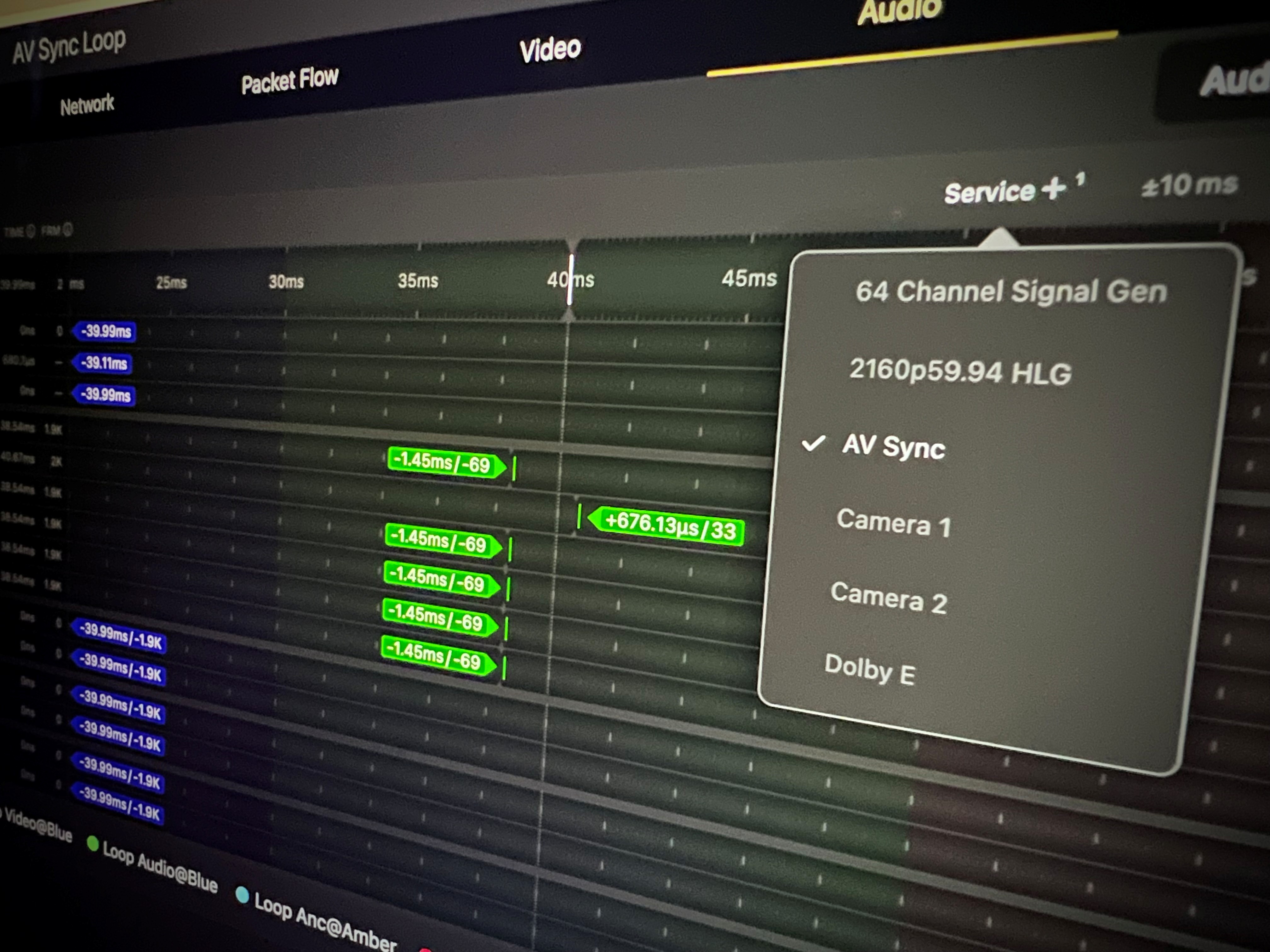Rules for digital auxiliary services proposed
In an ever-evolving effort to smooth the transition from analog to digital technology, the Federal Communications Commission is proposing to revise its rules to allow broadcast auxiliary services (BAS) to convert to digital technology along with broadcast stations.
BAS stations must be technologically compatible with the rest of the broadcast industry because television and radio stations and networks use these stations to transmit program material from the locations of breaking news stories or major events to studios. However, under the current rules, digital modulation can be used only in specified BAS bands, which slows the overall broadcast industry's transition to digital. For that reason, the Commission is proposing rules that permit TV and aural BAS stations to use any available digital modulation techniques in all BAS frequency bands.
The Commission also is considering an expansion of its short-term operation rule. The rule currently allows AM, FM and TV broadcast stations including Class A stations to operate broadcast auxiliary stations up to 720 hours per year to cover events outside a station's normal operating area without submitting STA requests. The proposed rule would expand the short-term operation rule to include broadcast network entities, cable network entities and low-power television stations. Under this rule, BAS licensees would need to notify the Commission of short-term operation for planned events, such as conventions and sporting events, but not for unplanned events, such as natural disasters. The Commission also seeks comment on whether 720 hours is an appropriate cap on annual short-term operations.
Additionally, BAS and other radio services currently share several frequency bands and have technically and operationally similar stations. Nonetheless, they sometimes must operate under different technical rules. These inconsistencies in the rules have led to confusion when licensees in different services have tried to operate in the same geographic area. The proposed rules would conform technical rules that are currently at odds, including transmitter power and emission limits, for services including BAS, Cable Television Relay Service (CARS) and Fixed Microwave Services (FS). Further, the Commission proposes to require aural and TV BAS stations to coordinate shared frequency use in order to minimize instances of harmful interference that may otherwise occur when a station begins transmitting.
Other proposals designed to update the BAS rules would allow film and television producers to operate wireless assist video devices on unused VHF and UHF channels, permit BAS applicants to operate under temporary conditional authority after an application has been properly filed, and make BAS application rules consistent with the FCC's Universal Licensing System (ULS).
FCC may dismantle Mass Media Bureau
The FCC has issued a public notice requesting comments from the communications industry and other interested parties on how to achieve the following goals:
The professional video industry's #1 source for news, trends and product and tech information. Sign up below.
- The development of a clear substantive policy vision, consistent with the various communications statutes and rules to guide agency deliberations;
- The creation of a management style that builds a strong team, produces a cohesive and efficient operation, and leads to clear and timely decisions;
- The development of independent technical and economic expertise through recruitment, training and employee development; and
- A realignment of the organizational structure to conform to the realities of a dynamic and converging marketplace.
In connection with the last goal, it has been informally reported that the Television Branch of the Mass Media Bureau may be merged into the Cable Bureau. It also has been reported that the audio services regulatory staff, which deals with the nation's radio stations, may be moved into the Wireless Bureau. This dismantling of the Mass Media Bureau would likely cause a loss of knowledgeable top-level staff, subject radio and TV to different regulatory schemes (just as the TV/radio cross-ownership rules have been relaxed), and otherwise make the FCC less responsive to broadcasters' needs.
LPTV/translator auctions planned
Some 3500 MX'd LPTV applicants have been given until Aug. 23 to either settle any mutual exclusivity problems or be put into an auction.
Such applicants can avoid having to participate in the auction by eliminating the mutual exclusivity through settlements filed by the Aug. 23 deadline.
Harry C. Martin is an attorney with Fletcher, Heald & Hildreth PLC, Arlington, VA.
Send questions and comments to: harry_martin@intertec.com
Dateline
Oct. 1, 2001, is the deadline for biennial ownership reports for stations in the following states and territories: Alaska, Florida, Guam, Hawaii, Iowa, Mariana Islands, Missouri, Oregon, Puerto Rico, Samoa, Virgin Islands and Washington.
By Oct. 10, issues/programs lists and Forms 398 (Children's Programming Report) for the period of July 1 to Sept. 30 must be placed in stations' public files.
